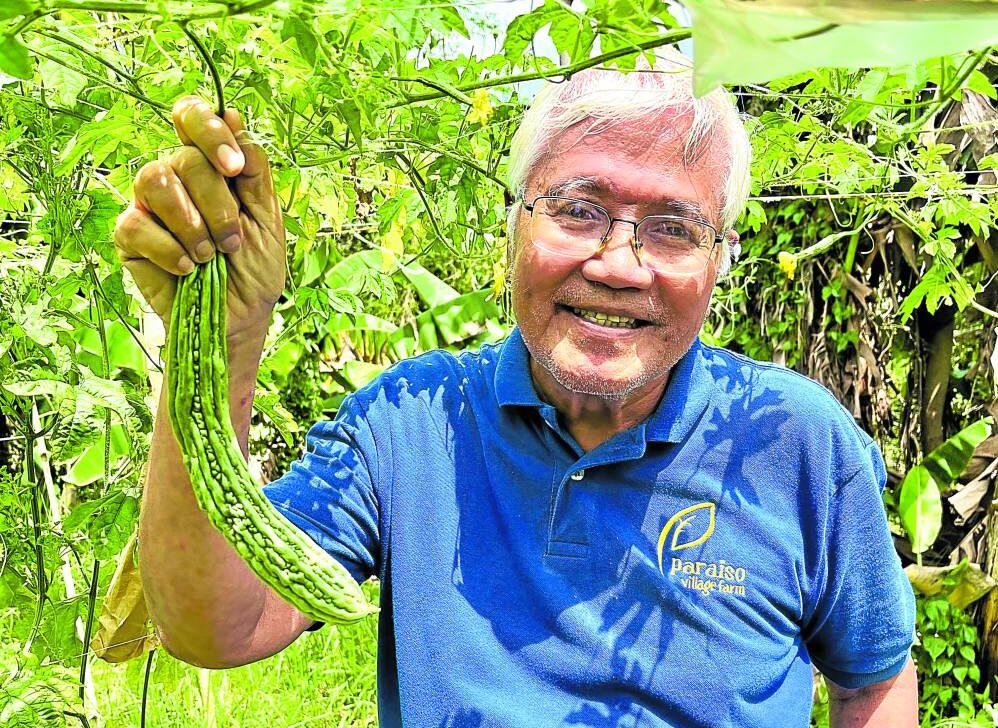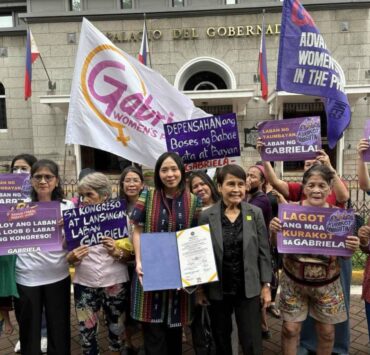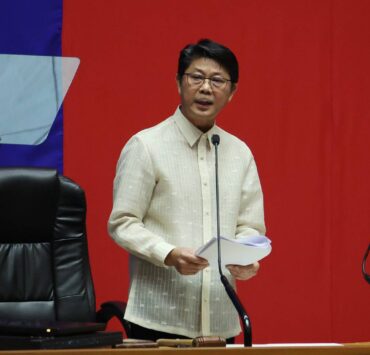DOJ pushes sex trafficking raps vs Gawad Kalinga’s Meloto

The Department of Justice (DOJ) has found prima facie evidence to charge Gawad Kalinga (GK) founder Antonio “Tony” Meloto of two counts of qualified sex trafficking involving two former scholars of the nongovernmental organization.
In a joint resolution dated Sept. 10, the National Prosecution Service said it found that the “pattern” of Meloto’s behavior showed not isolated acts of sexual misconduct but a “structured system of sexual exploitation” enabled by organizational hierarchy and deception arising from his position as the founder of the Philippine-based poverty alleviation movement.
Instead of the initial complaints of acts of lasciviousness, the DOJ recommended the filing of two counts of qualified sex trafficking against Meloto, specifically for violating Section 4(a) in relation to Section 6(d) of Republic Act No. 9208, as amended by Republic Act No. 10364.
“When we speak of trafficking, we are dealing with the most vulnerable individuals of our society who are oftentimes the victims of trafficking,” Deputy State Prosecutor Olivia Laroza-Torrevillas wrote in the resolution.
In both cases, the prosecutor noted that the two complainants joined GK’s School for Experimental and Entrepreneurial Development (SEED) program to escape family poverty, and their decision not to immediately report the incidents that happened many years ago was because they did not want to be punished or kicked out of the program.
Spartan program
GK established the SEED program in collaboration with the Technical Education and Skills Development Authority in 2014 to help young people set up community farms through an intensive course on organic and agriculture farms.
Under the SEED program is another initiative called Spartan program, ostensibly designed to help young men define their self-worth through values, such as gratitude, hard work, humility, heroism, and honor.
When one of the complainants was chosen to become a Spartan, he found that he had to work long hours and was required to serve Meloto’s needs like getting coffee, cooking, delivering messages, and cleaning his room.
The complainant cited several incidents of sexual abuse, inappropriate behavior, unwanted physical contact, and sexual advances from 2016 to 2017, which he said Meloto framed as an “effort to remove awkwardness” among the boys and as a form of mentoring or “fatherly affection.”
In September 2016, the victim said Meloto introduced a “cooling gel,” demonstrated its application on his chest and genital area, then tried to apply it on another Spartan boy.
The complainant also cited an incident in January 2017 when Meloto allegedly invited him to his room and masturbated in front of him. On an international trip, Meloto allegedly did the same to him in hotel rooms in Lyon and Paris.
Meanwhile, the other complainant who joined the third batch of SEED students in August 2016 alleged that Meloto also sexually abused him at the Pool Villa in January 2017.
‘Hearsay and lies’
In his defense, Meloto denied the allegations, saying they were baseless, false, malicious, and improperly filed against him.
He argued that the cooling gel was intended to decrease the sexual urges of the boys.
He also denied having abused his authority, influence, or moral ascendancy over the complainants and the Spartan students, claiming that as early as 2017, he was no longer in contact with the victims because he needed to deal with his declining health.
Meloto also questioned the delay in filing the charges for years, asserting that it raised serious doubts about the veracity of the complainants’ allegations.
He described the complaints as a “conspiracy of hearsay and lies that made heroes and victims of the real offenders.”
Three elements
But after a preliminary investigation, the prosecution found that Meloto’s acts fall within the definition and elements of sex trafficking, qualified by abuse of authority.
The resolution said the complainants were able to establish the three elements of trafficking: the act of recruiting, transporting, or harboring people; the use of force, threats, fraud, or abuse of power to control them; and the purpose of exploiting them through prostitution, sexual abuse, forced labor, slavery, or even the sale of organs.
When the complainants joined the program and became SEED members, the prosecutor said Meloto “received, maintained and harbored” them by accepting them under his care and control, giving them shelter and a place of refuge, and providing them with some basic needs, all supposedly to facilitate exploitation.
As for the second element, the DOJ said Meloto “wielded significant control over the scholars of SEED, many of whom were economically deprived, lacked family support, or had limited access to private education.”
“Also, there was psychological coercion exerted by respondent to be able to control the complaining victims,” it added.
Ultimately, the DOJ said, the third element or the purpose was for sexual exploitation.
“The repeated act of masturbation committed against complainants … to satiate his lustful desires towards young men is a clear proof of exploitative purpose,” it said.





















